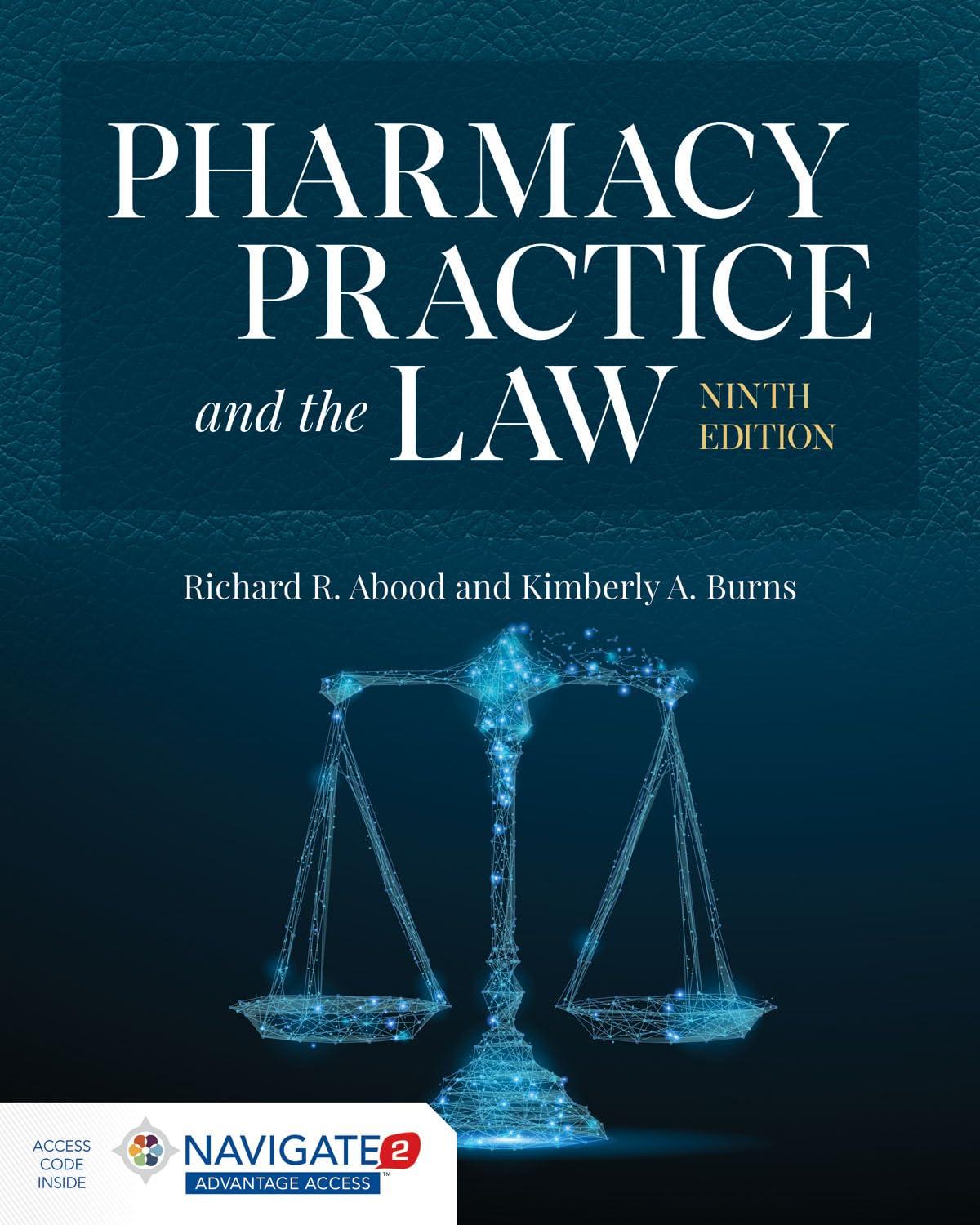The FDA has historically been criticized for taking too long to approve new drugs for market, especially
Question:
The FDA has historically been criticized for taking too long to approve new drugs for market, especially drugs intended for use in the terminally ill, where any delay is critical. In the 1970s and early 1980s, Laetrile gained considerable notoriety as a possible cure for cancer, despite little good scientific evidence as to its safety and efficacy. In fact, 17 states had legalized the use of Laetrile within their borders. The FDA, however, considered the product an unapproved drug, and thus would not allow the interstate shipment of the drug. The plaintiffs in this case, terminally ill patients, argued that the FDCA does not prevent the availability of Laetrile for use for the terminally ill. A federal district court and court of appeals both agreed, although for different reasons, and the FDA appealed to the U.S. Supreme Court. This case raises some important policy issues.
Should terminally ill patients have access to any medical treatment they want?
In other words, what are we protecting terminally ill patients from by denying them access to the medical treatment of their choice?
Would the public health still be protected if unapproved drugs for the terminally ill were legally available on the market but labeled with mandatory disclaimers that they were unapproved for safety and efficacy?
Alternatively, should the drug approval process at least be expedited for drugs intended to treat life-threatening diseases?
If the Supreme Court had agreed with the lower courts’ decisions, what effect might this have had on the commercial market for cancer treatments?
Step by Step Answer:

Pharmacy Practice And The Law
ISBN: 9781284154979
9th Edition
Authors: Richard R. Abood, Kimberly A. Burns





